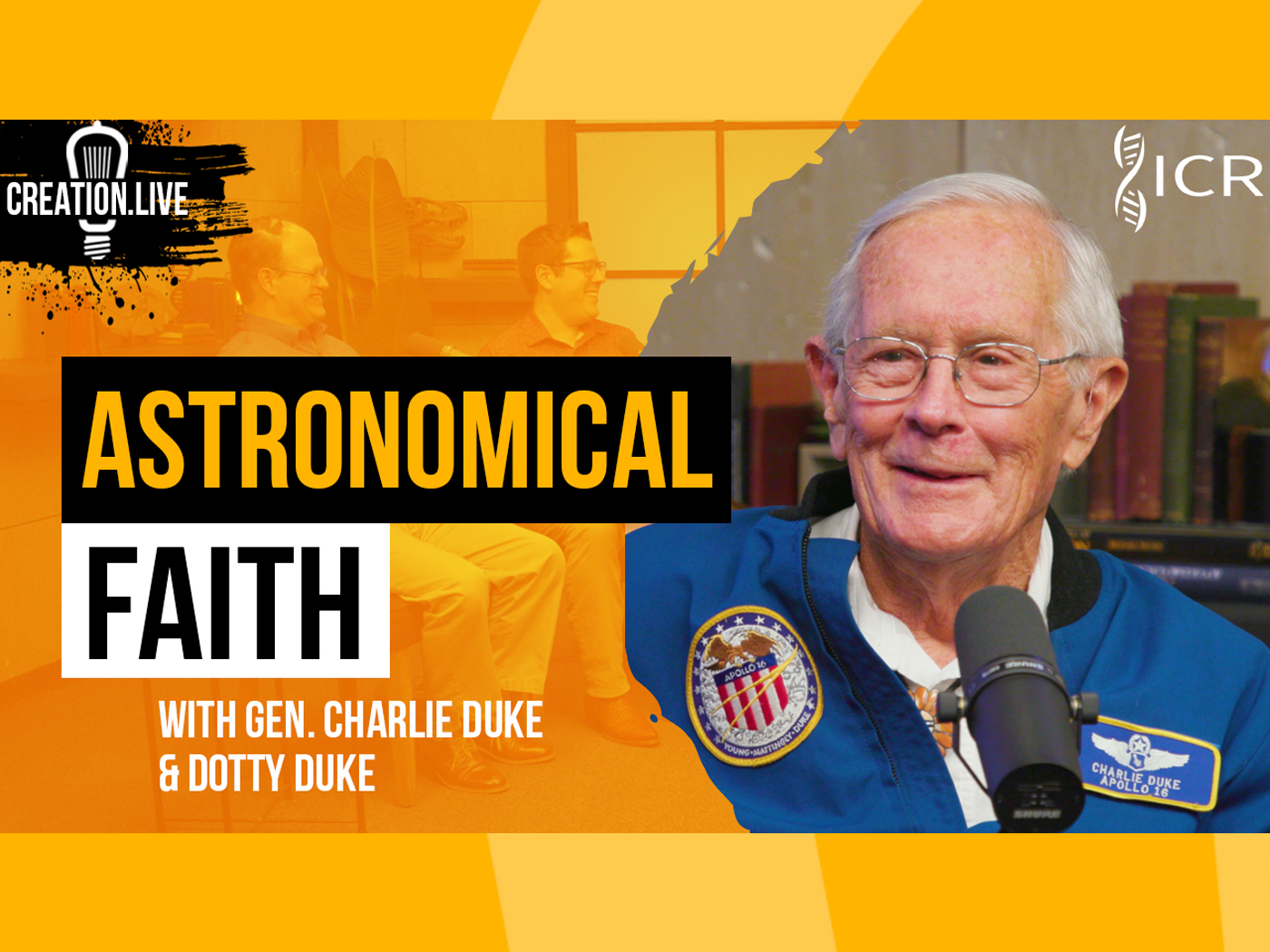“It may be the LORD thy God will hear all the words of Rabshakeh, whom the king of Assyria his master hath sent to reproach the living God; and will reprove the words which the LORD thy God hath heard: wherefore lift up thy prayer for the remnant that are left.” (2 Kings 19:4)
These words were part of King Hezekiah’s plea to Isaiah for help in prayer against Rabshakeh and the Assyrian army besieging Jerusalem. It marks the second time in which this particular word is used for “the remnant,” the first being in Genesis 45:7, when Joseph assured his brothers that God had sent him into Egypt to preserve for Israel “a posterity” in the earth. However, this word (Hebrew sherith) is prominent later in the writings of the prophets, who frequently refer to the faithful Israelite “remnant” during times of apostasy.
The same doctrine appears in the New Testament. Speaking of the children of Israel during the time of their dispersion among the nations because of their rejection of Christ, Paul says: “Even so then at this present time also there is a remnant according to the election of grace” (Romans 11:5). There are many Jews even today who have received Jesus as their Messiah and personal Savior, even though Israel as a nation still rejects Him.
This biblical doctrine of the remnant applies especially to faithful Israelites who witness to God’s truth even in times of national apostasy. Nevertheless, the principle seems also to apply to so-called Christian nations as well—such as the nations of Europe and America. Although nominally “Christian,” each of these nations, like the church at Sardis, “hast a name that thou livest, and art dead” (Revelation 3:1), as far as true biblical Christianity is concerned. Nevertheless, in each, there is still a remnant of real, believing Christians, and these have the great responsibility to maintain a true witness for Christ in just such a time as this. HMM
 Days of Praise Podcast is a podcast based on the Institute for Creation Research quarterly print devotional, Days of Praise. Start your day with devotional readings written by Dr. Henry Morris, Dr. Henry Morris III, Dr. John Morris, and others to strengthen and encourage you in your Christian faith.
Days of Praise Podcast is a podcast based on the Institute for Creation Research quarterly print devotional, Days of Praise. Start your day with devotional readings written by Dr. Henry Morris, Dr. Henry Morris III, Dr. John Morris, and others to strengthen and encourage you in your Christian faith.

















